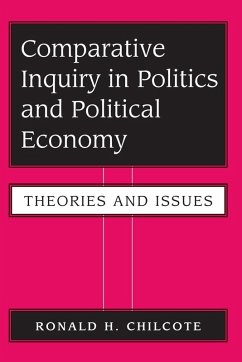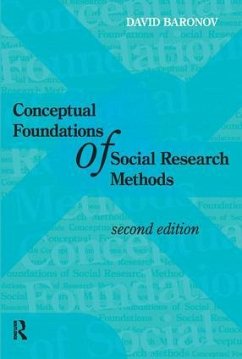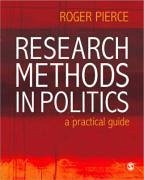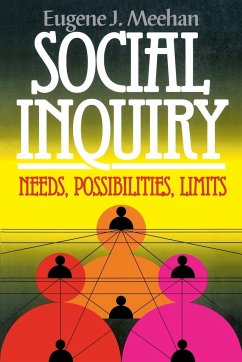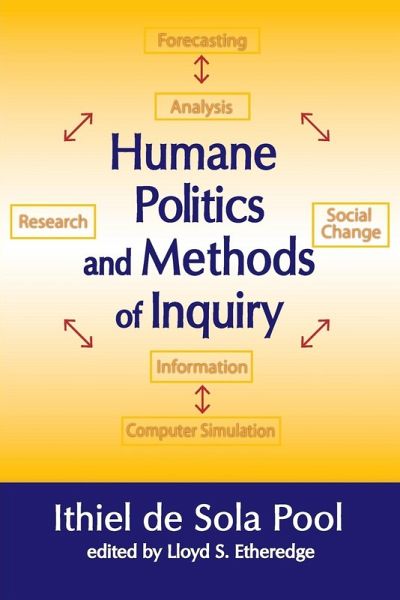
Humane Politics and Methods of Inquiry
Versandkostenfrei!
Versandfertig in 1-2 Wochen
59,99 €
inkl. MwSt.
Weitere Ausgaben:

PAYBACK Punkte
30 °P sammeln!
Ithiel de Sola Pool was a distinguished scholar of the political process, and one of the most original thinkers in the development of an integrated social science. This volume focuses upon his contributions to the development of research methods that deepen our understanding of human behaviour. The book is divided into five parts treating the analysis of communications, computer simulation, forecasting, network theory, and the social sciences in political contexts. The first part considers the problems and possibilities of analysis raised by the unprecedented quantity of data made available by...
Ithiel de Sola Pool was a distinguished scholar of the political process, and one of the most original thinkers in the development of an integrated social science. This volume focuses upon his contributions to the development of research methods that deepen our understanding of human behaviour. The book is divided into five parts treating the analysis of communications, computer simulation, forecasting, network theory, and the social sciences in political contexts. The first part considers the problems and possibilities of analysis raised by the unprecedented quantity of data made available by widespread and improved communications technology; what should be counted and how should inferences be made. Part two explores computer simulation in the study of presidential election patterns and how it can provide in-depth analyses of crisis situations in history. Part three focuses on strategies for predicting the future of international politics and methods to forecast the impacts of new communications technologies, while part four offers a rigorous analysis of domestic and global contact networks and the so-called "small world" phenomenon. Part five is concerned with external challenges to the use of social science to create more humane politics, including the question of value neutrality, ideology, "deconstructive" critical theory, and threats by government to the health of universities. In a concluding essay Lloyd Etheredge draws upon Pool's work to discuss several new ways in which the methods treated in this volume can be applied to contemporary social change.





